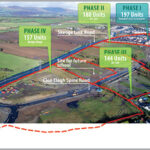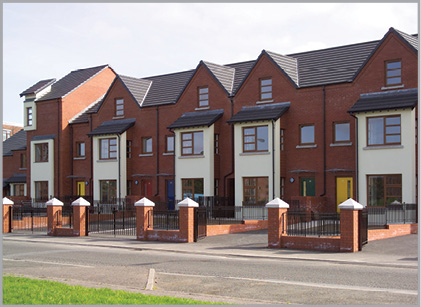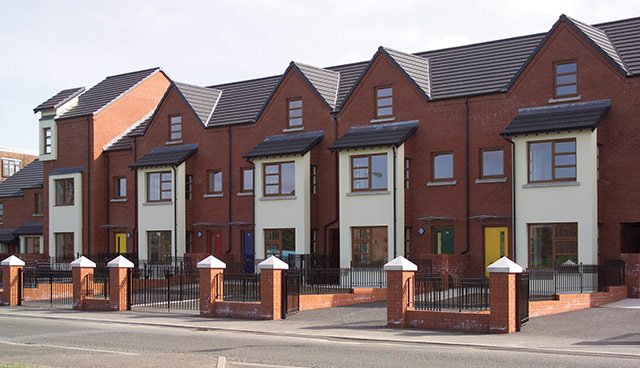
New homes at Clon Elagh are having a major impact on waiting lists
27th April 2018
Meeting the rural challenge
27th April 2018Reclassification


With current derogation by the UK Treasury, limiting the impact of the decision to reclassify Northern Ireland housing associations as public bodies, set to expire in March 2019, agendaNi looks at the implications of a lack of Executive decision-making and the future options for the sector.
In September 2016 the Office for National Statistics redesignated housing associations in Northern Ireland, Scotland and Wales as public-sector bodies, following on from a similar move for English housing associations in October 2015.
The move was based on the assumption that housing associations had too much government control to be designated as private-sector bodies. However, it was criticised because of the limitations it would put on potential private borrowing.
In Northern Ireland, housing associations received approximately £1,070 million in core funding from the Department for Communities in 2016/2017 and as a result were also able to leverage a similar amount (£948 million) from private investment to help build social and affordable homes based on rental incomes and leveraging their assets.
The importance of building social and affordable homes is reflected in current need. In Northern Ireland there are currently 37,611 households on the social housing waiting list and nearly 24,000 of these remain in urgent need of accommodation or in seriously unsuitable accommodation.
According to the Northern Ireland Housing Federation, borrowing is becoming an increasingly important source of finance for housing associations, rising by over £188 million from £760 million in 2016 to £948 million in 2017.
The impact of not reversing the decision is a move of housing association debt on to the balance sheet of the Northern Ireland Executive. This will also prevent housing associations from drawing down private finance.
Change
While Ministers in Northern Ireland indicated their will to introduce legislation that would see the ONS decision reversed, the collapse of the Executive has meant that no official sign-off has been given.
This is in contrast to England, where ONS reclassified housing associations back to the private sector with effect from November 2017, and Wales and Scotland where draft bills are at and approaching the committee consideration stage, respectively.
Outside of the return of the Assembly, or the implementation of direct rule, which would allow for legislation to be passed via Westminster, the other scenario for Northern Ireland’s housing associations is for the UK Treasury to extend the current derogation beyond March 2019.
However, these options also raise concerns. Direct Rule, while looking unlikely when assessing the current political appetite from Westminster, would likely utilise an Order of Council to progress a reversal, a method which offers little opportunity for scrutiny and no amendment. There is also fears that Brexit-related legislation will occupy large parts of the parliamentary calendar and take priority.
A spokesperson for the Department for Communities said: “Since the ONS announced their decision the Department has been working to ensure that Northern Ireland’s Registered Housing Associations are returned to a private sector classification. Policy options and legislative proposals are being prepared for an incoming Minister. In the meantime, an arrangement is in place which defers the effect of ONS’ reclassification decision on the Northern Ireland budget.”






